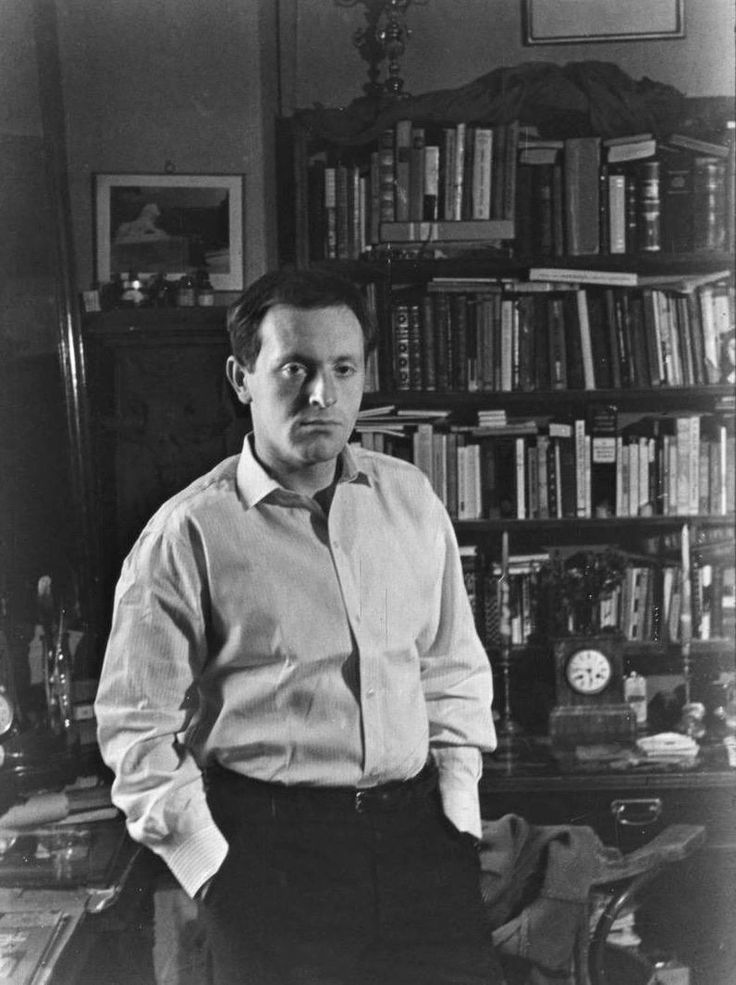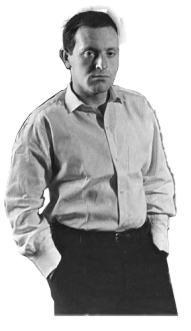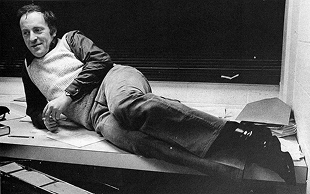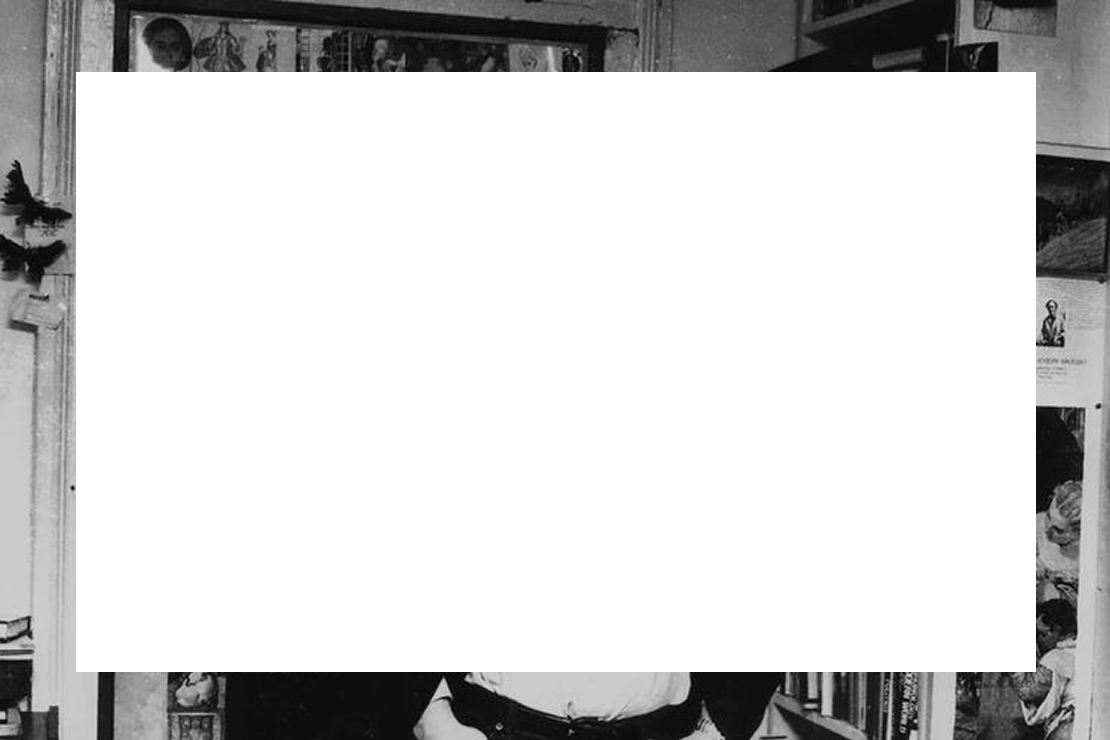Joseph Brodsky was born on May 24, 1940, in Leningrad to a Jewish family
His father, Alexander Brodsky, was a military photojournalist who served throughout the war
After being demobilized in 1948, he worked in the photo lab of the Naval Museum
In 1950, during the Soviet military’s purge of Jewish officers,
he was dismissed but continued working as a photographer and journalist for a Leningrad newspaper


Joseph Brodsky was born on May 24, 1940, in Leningrad to a Jewish family
was a military photojournalist who served throughout the war
His father, Alexander Brodsky,
After being demobilized in 1948, he worked in the photo lab of the Naval Museum
In 1950, during the Soviet military’s purge of Jewish officers,
and journalist for a Leningrad newspaper
he was dismissed but continued working as a photographer


Brodsky’s childhood was marked by the hardships of war and its aftermath
After the harsh winter of 1942 in besieged Leningrad,
his mother evacuated with him to Cherepovets
They returned in 1944, and he soon started school,
though he changed schools four times over seven years
At 15, he attempted to enroll in a naval academy but was rejected
Soon after, he decided to leave school and work to support his mother
His work history was diverse
shifting from factory jobs to assisting in a morgue, working as a stoker in a bathhouse, serving as a lighthouse keeper, and joining geological expeditions
Brodsky discovered his love for reading early, initially drawn to prose
Poetry came later—he recalled reading his first book of poems at 16, on his mother’s recommendation
By 17, he was writing his own poetry and soon realized it was his true calling


Brodsky’s childhood was marked by the hardships of war and its aftermath
After the harsh winter of 1942 in besieged Leningrad,
his mother evacuated with him to Cherepovets
They returned in 1944, and he soon started school,
hough he changed schools four times over seven years
Soon after, he decided to leave school and work to support his mother
His work history was diverse
shifting from factory jobs to assisting in a morgue, working as a stoker in a bathhouse, serving as a lighthouse keeper, and joining geological expeditions
Brodsky discovered his love for reading early, initially drawn to prose
By 17, he was writing his own poetry and soon realized it was his true calling


Trial, Exile, and Emigration
Brodsky’s poetry did not conform to Soviet literary and ideological standards
He published in underground journals, associated with nonconformist intellectuals, and wrote verses
that diverged from socialist ideals
However, he was not a political dissident
he neither criticized the Soviet government nor called for its overthrow
His stance was one of detached non-resistance
As he once stated,
|



Trial, Exile, and Emigration
Brodsky’s poetry did not conform to Soviet literary and ideological standards
He published in underground journals, associated with nonconformist intellectuals, and wrote verses
that diverged from socialist ideals
However, he was not a political dissident
he neither criticized the Soviet government nor called for its overthrow
His stance was one of detached non-resistance
As he once stated,
|



This apolitical position was enough to warrant persecution
In 1963, the newspaper Vecherny Leningrad published a scathing critique of Brodsky
accusing him of parasitism and unpatriotic tendencies
In 1964, another article followed, accompanied by letters from outraged citizens demanding punishment
On February 13, 1964, Brodsky was arrested and charged with "social parasitism”
Just a day after his arrest, he suffered a near-fatal heart attack in his prison cell
After a month in Leningrad’s infamous “Kresty” prison, he was sentenced to 18 months of exile in the Arkhangelsk region
This apolitical position was enough to warrant persecution
In 1963, the newspaper Vecherny Leningrad published a scathing critique of Brodsky
accusing him of parasitism and unpatriotic tendencies
On February 13, 1964, Brodsky was arrested and charged with “social parasitism”
Just a day after his arrest, he suffered a near-fatal heart attack in his prison cell
After a month in Leningrad’s infamous "Kresty" prison, he was sentenced to 18 months of exile in the Arkhangelsk region
After returning from exile in 1965, Brodsky was in a precarious position
he was neither published nor accepted into the Union of Writers, and he struggled to find work
By the spring of 1972, the authorities gave him an ultimatum:
psychiatric hospitalization or emigration
Without the chance to say goodbye to his loved ones, Brodsky left the USSR
His letter to Brezhnev, pleading to remain part of Russian literature, went unanswered
|
fter returning from exile in 1965, Brodsky was in a precarious position
he was neither published nor accepted into the Union of Writers, and he struggled to find work
By the spring of 1972, the authorities gave him an ultimatum:
Having already experienced Soviet psychiatric institutions, he chose exile
psychiatric hospitalization or emigration
Without the chance to say goodbye to his loved ones, Brodsky left the USSR
His letter to Brezhnev, pleading to remain part of Russian literature, went unanswered
|
A Poet in Exile
Brodsky’s first stop after emigration was Vienna,
In America, he secured a position in the Slavic Languages and Literature Department at the University of Michigan
followed by London
and then the United States
Over 24 years, he taught at six universities,
including prestigious institutions such as Mount Holyoke College, where he remained for most of his career
Brodsky was not a conventional professor—he smoked during lectures, made jokes, and sometimes grew emotional while reading poetry to students
According to colleagues, he always went beyond the standard curriculum, often holding additional classes at his home



A Poet in Exile
Brodsky’s first stop after emigration was Vienna,
In America, he secured a position in the Slavic Languages and Literature Department at the University of Michigan
followed by London
and then the United States
Over 24 years, he taught at six universities,
including prestigious institutions such as Mount Holyoke College, where he remained for most of his career
he smoked during lectures, made jokes, and sometimes grew emotional while reading poetry to students
Brodsky was not a conventional professor
often holding additional classes at his home
According to colleagues, he always went beyond the standard curriculum,



Brodsky’s parents applied 12 times for permission to visit their son in the United States,
even when he underwent open-heart surgery in 1978 Despite an official hospital request for their presence,
they were denied entry
Brodsky’s parents applied 12 times for permission to visit their son in the United States,
Despite an official hospital request for their presence,
even when he underwent open-heart surgery in 1978
they were denied entry
He was also not allowed to return to the USSR for their funerals
a wound he never forgave
In his poetry, the country he left behind took on the image of a surreal empire, a symbol of cultural decline



He was also not allowed to return to the USSR for their funerals
a wound he never forgave
a symbol of cultural decline
In his poetry, the country he left behind took on the image of a surreal empire,



and Recognition
Nobel Prize
In 1987, Joseph Brodsky was awarded the Nobel Prize in Literature for “an all-embracing authorship, imbued with clarity of thought and poetic intensity"
Before receiving the prize, he had jokingly or seriously predicted it in Leningrad, even composing a short verse:
|
The Nobel Prize dramatically changed his life
He traveled extensively and found inspiration in Sweden, particularly on the island of Värmdö,
which reminded him of his native Leningrad
After the award and the onset of Perestroika, his poetry was once again published in the USSR
n 1989, he was rehabilitated, with the Soviet government acknowledging the illegitimacy of his 1964 trial


"The Nobel Prize?
Yes, my beauty!"
Yes, my beauty!"
Nobel Prize and Recognition
"an all-embracing authorship, imbued with clarity of thought and poetic intensity"
In 1987, Joseph Brodsky was awarded the Nobel Prize in Literature for
even composing a short verse:
Before receiving the prize, he had jokingly or seriously predicted it in Leningrad,
|
The Nobel Prize dramatically changed his life
He traveled extensively and found inspiration in Sweden, particularly on the island of Värmdö
After the award and the onset of Perestroika, his poetry was once again published in the USSR
with the Soviet government acknowledging the illegitimacy of his 1964 trial
In 1989, he was rehabilitated,


"The Nobel Prize?
Yes, my beauty!"
Yes, my beauty!"
The End of a Beautiful Era
On the evening of January 27, 1996, he packed his briefcase, wished his wife good night,
and went upstairs to work in his study before the start of the spring semester
The End of a Beautiful Era
On the evening of January 27, 1996, he packed his briefcase, wished his wife good night,
and went upstairs to work in his study before the start of the spring semester
In June 1997, his body was reinterred in Venice, on the island cemetery of San Michele
He was initially buried there, fulfilling the final wish of a dissident who, despite exile, never ceased to love his homeland
Two weeks before his death, Brodsky purchased a burial plot in New York, near Broadway
The official cause of death was heart failure due to a heart attack
The next morning, his wife found him lifeless
Joseph Brodsky died on the night of January 28, 1996—the anniversary of Dostoevsky’s death and one day before the anniversary of Pushkin’s







In June 1997, his body was reinterred in Venice, on the island cemetery of San Michele
He was initially buried there, fulfilling the final wish of a dissident who, despite exile, never ceased to love his homeland
Two weeks before his death, Brodsky purchased a burial plot in New York, near Broadway
The official cause of death was heart failure due to a heart attack
The next morning, his wife found him lifeless
Joseph Brodsky died on the night of January 28, 1996—the anniversary of Dostoevsky’s death and one day before the anniversary of Pushkin’s







— Death does not end everything
|
On the back of the monument, a Latin inscription reads:
Years later, a tombstone was placed on his grave, designed by artist Vladimir Radunsky
— Death does not end everything
|
On the back of the monument, a Latin inscription reads —
Years later, a tombstone was placed on his grave, designed by artist Vladimir Radunsky
Joseph Brodsky was a poet and essayist
whose life was a constant struggle for creative freedom
His poetry, as he once wrote,
and inner truth
is “poetry that leaves memories,
leaving an indelible mark on world literature
not stars,”
B
E
h
y
o
n
d
t
e
l
i
n
e
s


Joseph Brodsky was a poet and essayist
whose life was a constant struggle for creative freedom
His poetry, as he once wrote, is
and inner truth
— "poetry that leaves memories, not stars,”
eaving an indelible mark on world literature
Beyond the Lines


The longread was created by
Viryasova
angelika
All rights belong to their copyright holders
A non-profit project
The longread was created by
Viryasova
angelika
All rights belong to their copyright holders
A non-profit project
https://truerussia.org/journal/iosif-brodskiy/
https://dzen.ru/a/ZGsU_keBQDVYxR6i?ysclid=m6gr5 × 8fsj257865163
https://porusski.me/2017/01/26/013-iosif-brodskij/?ysclid=m6gr7yjwf2462831827
https://biographe.ru/znamenitosti/iosif-brodskiy/
https://azbooka.ru/articles/brodskiy
https://www.bbc.com/russian/society/2015/05/
150523_brodsky_nobel_prize_interview_1987
https://um.mos.ru/personalities/brodskiy/
https://diletant.media/articles/39196178/?ysclid=m79cbqb4wm747842219
https://youtu.be/1gfzRMPQqm8?si=DiLo36oGWfRsgdWd
https://www.youtube.com/watch?v=37sh0RWB0cg
https://dzen.ru/a/ZGsU_keBQDVYxR6i?ysclid=m6gr5 × 8fsj257865163
https://porusski.me/2017/01/26/013-iosif-brodskij/?ysclid=m6gr7yjwf2462831827
https://biographe.ru/znamenitosti/iosif-brodskiy/
https://azbooka.ru/articles/brodskiy
https://www.bbc.com/russian/society/2015/05/
150523_brodsky_nobel_prize_interview_1987
https://um.mos.ru/personalities/brodskiy/
https://diletant.media/articles/39196178/?ysclid=m79cbqb4wm747842219
https://youtu.be/1gfzRMPQqm8?si=DiLo36oGWfRsgdWd
https://www.youtube.com/watch?v=37sh0RWB0cg
